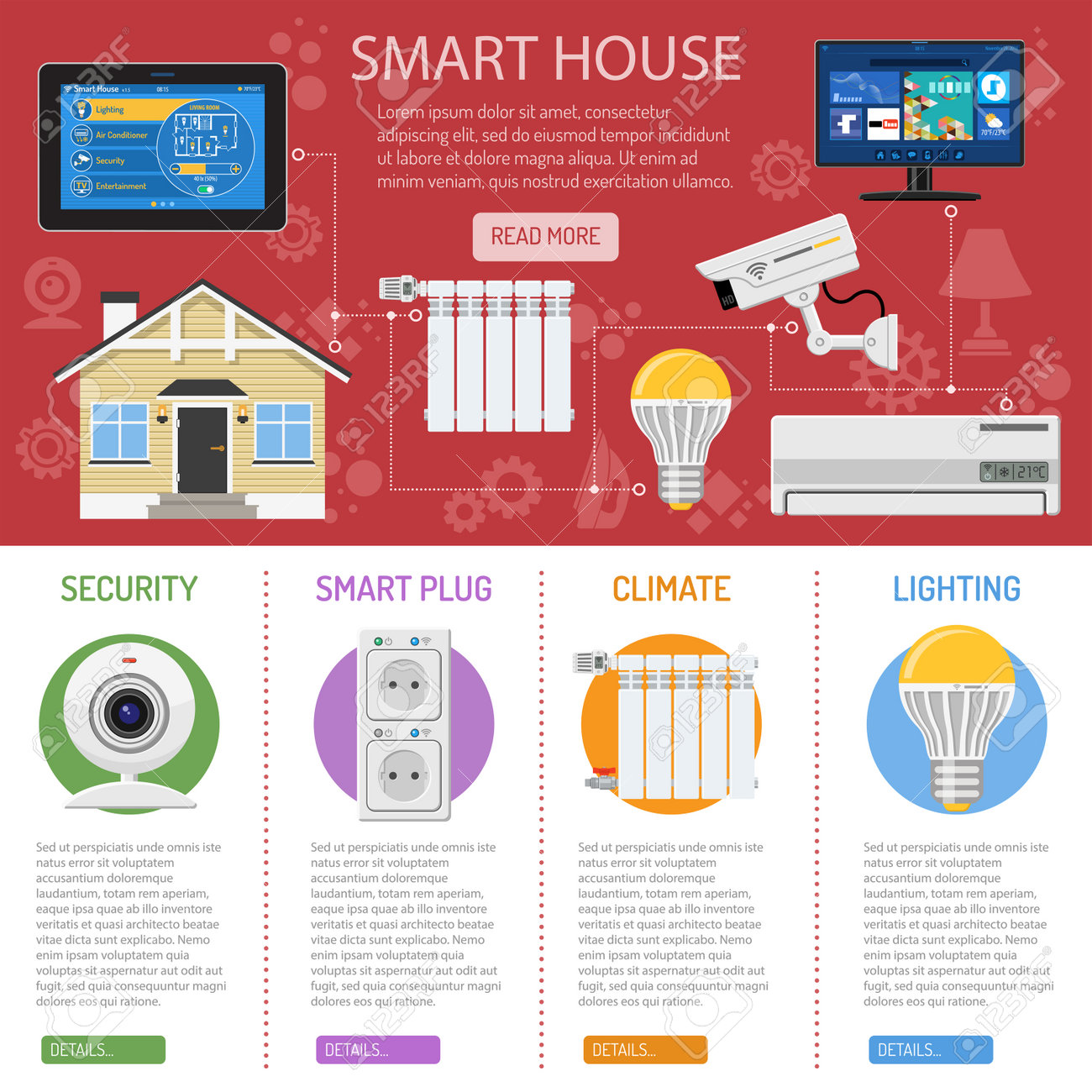The Future Of Home Home Heating - Just How Heatpump Modern Technology Is Advancing
The Future Of Home Home Heating - Just How Heatpump Modern Technology Is Advancing
Blog Article
Short Article Created By-Fraser Goff
Heat pumps will certainly be an important technology for decarbonising home heating. In a situation regular with governments' introduced power and environment commitments, their worldwide capacity doubles by 2030, while their share in heating rises to one-quarter.
They function best in well-insulated homes and rely upon electrical energy, which can be provided from a sustainable power grid. Technological developments are making them extra efficient, smarter and cheaper.
Fuel Cells
Heat pumps make use of a compressor, refrigerant, coils and fans to relocate the air and heat in homes and appliances. They can be powered by solar power or power from the grid. They have actually been obtaining appeal because of their low cost, quiet operation and the ability to create electrical energy during peak power demand.
Some companies, like IdaTech and BG MicroGen, are dealing with gas cells for home heating. These microgenerators can replace a gas central heating boiler and create some of a residence's electrical requirements with a connection to the power grid for the rest.
However there are factors to be hesitant of using hydrogen for home heating, Rosenow says. It would certainly be expensive and inefficient compared to other innovations, and it would contribute to carbon emissions.
Smart and Connected Technologies
Smart home innovation enables homeowners to connect and control their tools remotely with using mobile phone apps. For example, wise thermostats can learn your home heating choices and instantly adjust to enhance power usage. https://myeverettnews.com/2021/06/25/resources-and-tips-for-staying-cool-in-everett-and-snohomish-county/ can be controlled with voice commands and instantly turn off lights when you leave the area, lowering energy waste. And https://lukasrlgav.blogtov.com/9785327/checking-out-the-ecological-benefits-of-warmth-pumps-a-sustainable-home-heating-solution can keep track of and handle your electric use, enabling you to determine and restrict energy-hungry home appliances.
The tech-savvy household shown in Carina's meeting is a good image of just how residents reconfigure room home heating practices in the light of brand-new clever home technologies. They rely on the gadgets' automatic features to carry out day-to-day adjustments and regard them as a hassle-free means of performing their home heating methods. Because of this, they see no reason to adjust their methods even more in order to allow flexibility in their home energy need, and treatments targeting at doing so might encounter resistance from these houses.
Electrical power
Since heating up homes make up 13% of US exhausts, a switch to cleaner alternatives can make a big difference. However the innovation deals with obstacles: It's pricey and requires comprehensive home remodellings. And it's not always suitable with renewable resource resources, such as solar and wind.
Until just recently, electric heatpump were also expensive to compete with gas models in the majority of markets. Yet brand-new technologies in design and products are making them more budget-friendly. And much better cool environment efficiency is enabling them to function well also in subzero temperature levels.
The next step in decarbonising heating may be the use of warmth networks, which attract warmth from a main resource, such as a neighboring river or sea inlet, and distribute it to a network of homes or buildings. That would minimize carbon emissions and allow families to take advantage of renewable resource, such as eco-friendly electrical energy from a grid supplied by renewables. This alternative would be less expensive than switching over to hydrogen, a fossil fuel that calls for new infrastructure and would just lower carbon dioxide emissions by 5 percent if coupled with improved home insulation.
Renewable Energy
As electrical power prices go down, we're beginning to see the same trend in home heating that has driven electrical vehicles right into the mainstream-- but at an also much faster speed. The solid climate instance for electrifying homes has been pressed even more by new research study.
Renewables represent a considerable share of contemporary warm intake, however have been provided limited policy attention internationally compared to various other end-use fields-- and also much less focus than power has. Partly, this shows a mix of consumer inertia, divided incentives and, in lots of countries, aids for fossil fuels.
New innovations can make the shift less complicated. As an example, heat pumps can be made much more energy effective by replacing old R-22 cooling agents with new ones that do not have the high GWPs of their precursors. air conditioning installer envision area systems that attract warmth from a close-by river or sea inlet, like a Norwegian fjord. The warm water can then be used for heating and cooling in a community.